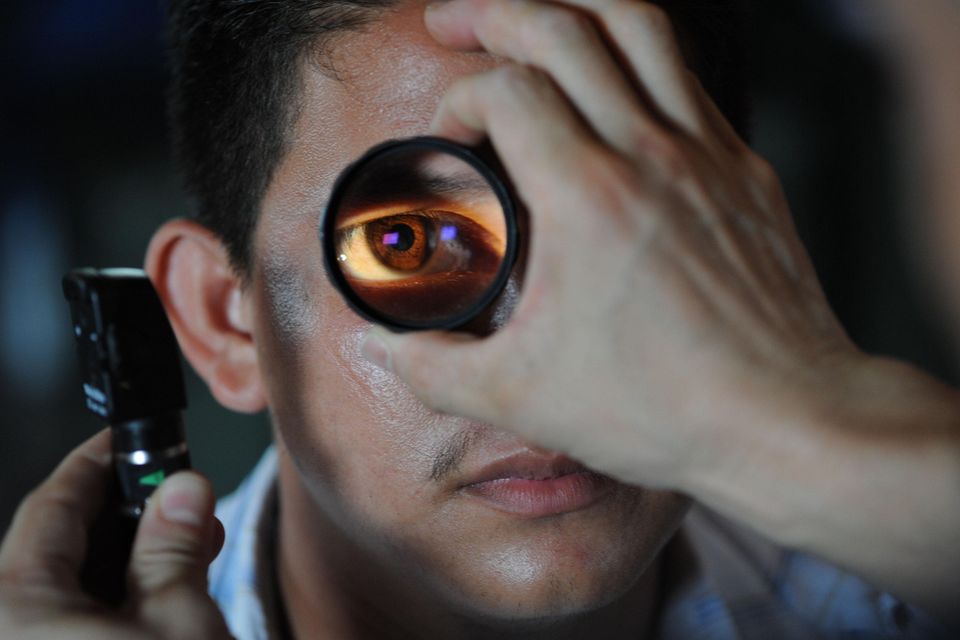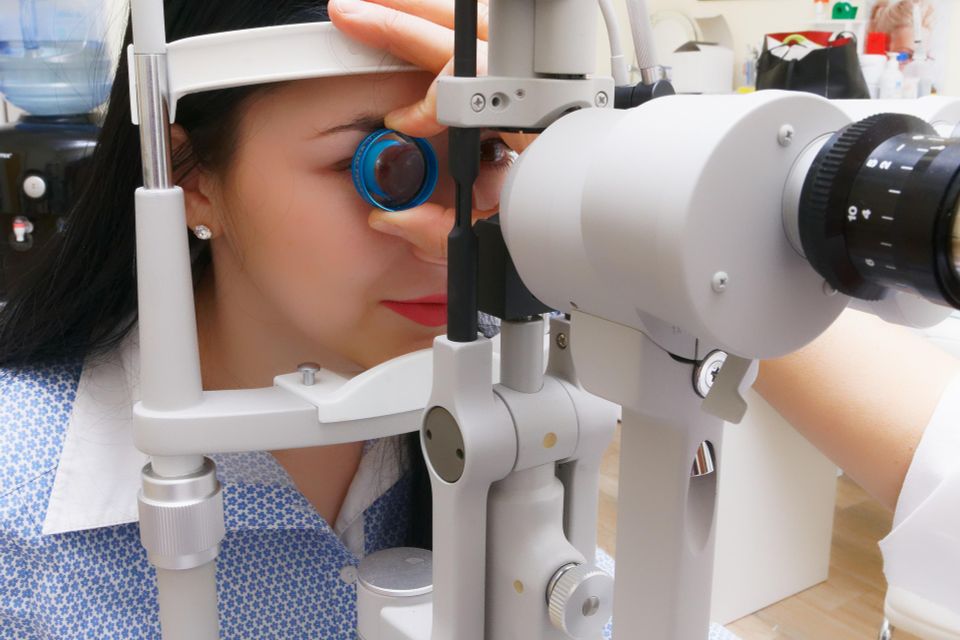Frequent Headaches
Do you find yourself reaching for pain relievers more often than usual? Headaches, especially those that begin behind the eyes or around the temples, could signal an underlying vision issue like eye strain, uncorrected refractive errors, or even digital eye fatigue. A comprehensive eye exam can determine whether your eyes are working harder than they should and provide a prescription that relieves the strain.
Blurry Vision
Blurry or fuzzy vision is one of the most common reasons people seek an eye exam — and for good reason. Whether you're struggling to read road signs, phone screens, or the fine print on labels, blurred vision can point to nearsightedness, farsightedness, astigmatism, or presbyopia. It might also be a sign of more serious conditions like cataracts or macular degeneration.
Dry, Itchy, or Red Eyes
Living in Texas often means exposure to allergens, dust, and dry weather — all of which can contribute to dry eye syndrome. If you're experiencing persistent dryness, burning, itching, or redness, your tear film may be compromised. An eye exam helps determine whether it's environmental, allergy-related, or a sign of chronic dry eye that needs targeted treatment.
Eye Fatigue or Strain
Do your eyes feel tired by mid-afternoon, especially after extended computer or phone use? Digital eye strain is increasingly common in our screen-heavy world. If you experience double vision, neck pain, or difficulty focusing after screen use, it’s a good idea to get evaluated. We can recommend blue light protection, updated prescriptions, or vision therapy solutions.
Difficulty Seeing at Night
Night driving should not feel like an ordeal. If you're having trouble with glare, halos, or diminished clarity after dark, it might indicate an early stage of cataracts, worsening refractive errors, or even vitamin deficiencies. This symptom warrants a prompt eye exam to rule out serious causes and improve your night vision safely.
Flashes, Floaters, or Visual Disturbances
Seeing occasional floaters is usually harmless, especially with age. However, a sudden increase in floaters, flashing lights, or a curtain-like shadow in your vision could be signs of a retinal detachment — a medical emergency. If you're noticing these changes, schedule an appointment immediately to protect your sight.


